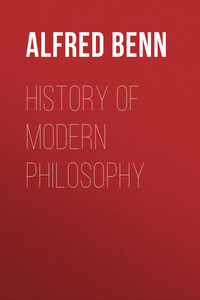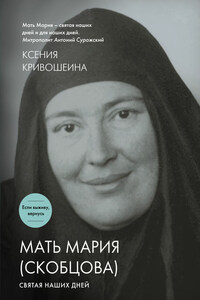Chapter I.
THE PHILOSOPHICAL RENAISSANCE
For a thousand years after the schools of Athens were closed by Justinian philosophy made no real advance; no essentially new ideas about the constitution of nature, the workings of mind, or the ends of life were put forward. It would be false to say that during this period no progress was made. The civilisation of the Roman Empire was extended far beyond its ancient frontiers; and, although much ground was lost in Asia and Africa, more than the equivalent was gained in Northern Europe. Within Europe also the gradual abolition of slavery and the increasing dignity of peaceful labour gave a wider diffusion to culture, combined with a larger sense of human fellowship than any but the best minds of Greece and Rome had felt. Whether the status of women was really raised may be doubted; but the ideas and sentiments of women began to exercise an influence on social intercourse unknown before. And the arts of war and peace were in some ways almost revolutionised.
This remarkable phenomenon of movement in everything except ideas has been explained by the influence of Christianity, or rather of Catholicism. There is truth in the contention, but it is not the whole truth. The Church entered into a heritage that she did not create; she defined and accentuated tendencies that long before her advent had secretly been at work. In the West that diffusion of civilisation which is her historic boast had been begun and carried far by the Rome whence her very name is taken. In the East the title of orthodox by which the Greek Church is distinguished betrays the presence of that Greek thought which moulded her dogmas into logical shape. What is more, the very idea of right belief as a vital and saving thing came to Christianity from Platonism, accompanied by the persuasion that wrong belief was immoral and its promulgation a crime to be visited by the penalty of death.
Ecclesiastical intolerance has been made responsible for the speculative stagnation of the Middle Ages, and it has been explained as an effect of the belief in the future punishment of heresy by eternal torments. But in truth the persecuting spirit was responsible for the dogma, not the dogma for persecution. And we must look for the underlying cause of the whole evil in the premature union of metaphysics with religion and morality first effected by Plato, or rather by the genius of Athens working through Plato. Indeed, on a closer examination we shall find that the slowing-down of speculation had begun long before the advent of Christianity, and coincides with the establishment of its headquarters at Athens, where also the first permanent schools of philosophy were established. These schools were distinctly religious in their character; and none was so set against innovation as that of Epicurus, falsely supposed to have been a home of freethought. In the last Greek system of philosophy, Neo-Platonism, theology reigned supreme; and during the two and a-half centuries of its existence no real advance on the teaching of Plotinus was made.
Neo-Platonism when first constituted had incorporated a large Aristotelian element, the expulsion of which had been accomplished by its last great master, Proclus; and Christendom took over metaphysics under what seemed a Platonic form – the more welcome as Plato passed for giving its creeds the independent support of pure reason. This support extended beyond a future life and went down to the deepest mysteries of revealed faith. For, according to the Platonic doctrine of ideas, it was quite in order that there should be a divine unity existing independently of the three divine persons composing it; that the idea of humanity should be combined with one of these persons; and that the same idea, being both one with and distinct from Adam, should involve all mankind in the guilt of his transgression. Thus the Church started with a strong prejudice in favour of Plato which continued to operate for many centuries, although the first great schoolman, John Scotus Eriugena (810-877), incurred a condemnation for heresy by adopting the pantheistic metaphysics of Neo-Platonism.
As the Platonic doctrine of ideas came to life again in the realism, as it was called, of scholastic philosophy, so the conflicting view of his old opponent Aristotle was revived under the form of conceptualism. According to this theory the genera and species of the objective world correspond to real and permanent distinctions in the nature of things; but, apart from the conceptions by which they are represented in the intellect of God and man, those distinctions have no separate existence. Aristotle's philosophy was first brought into Europe by the Mohammedan conquerors of Spain, which became an important centre of learning in the earlier Middle Ages. Not a few Christian scholars went there to study. Latin translations were made from Arabic versions of Aristotle, and in this way his doctrines became more widely known to the lecture-rooms of the Catholic world. But their derivation from infidel sources roused a prejudice against them, still further heightened by the circumstance that an Arabian commentator, Averroes, had interpreted the theology of the








